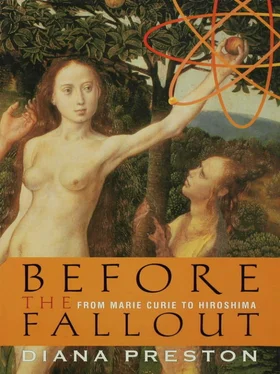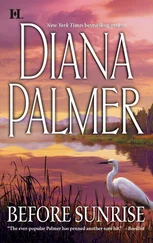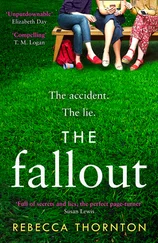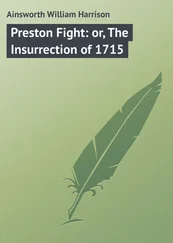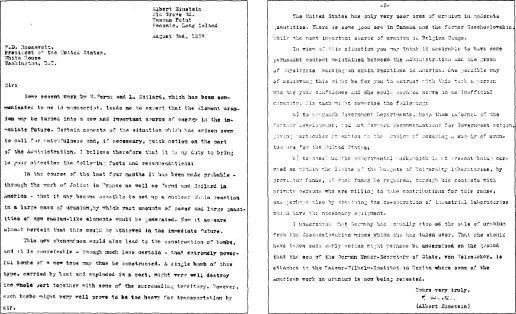
In later years, when the question arose of whether Einstein, a declared pacifist, had fired the gun that began the American race for the bomb, he would insist, “I served as a pillar box,” nothing more. Sachs, too, would remember Einstein’s role as facilitator rather than prime mover, recalling, “We really only needed Einstein in order to provide Szilard with a halo, as he was then almost unknown in the United States. His entire role was really limited to that.”
Sachs finally presented the document to President Roosevelt on 11 October 1939 after repeated calls to the White House to secure an appointment. To ensure the president’s full attention, Sachs read to him selected highlights from the letter signed by Einstein. It warned Roosevelt that “the element uranium may be turned into a new and important source of energy in the immediate future.” This new phenomenon could “lead to the construction of bombs, and it is conceivable—though much less certain—that extremely powerful bombs of a new type may thus be constructed. A single bomb of this type, carried by boat and exploded in a port, might very well destroy the whole port together with some of the surrounding territory. However, such bombs might very well prove to be too heavy for transportation by air.” It urged the need for “watchfulness and, if necessary, quick action on the part of the Administration.” Sachs also read out a detailed note of his own composition and further extracts from a pile of technical papers he had brought with him.
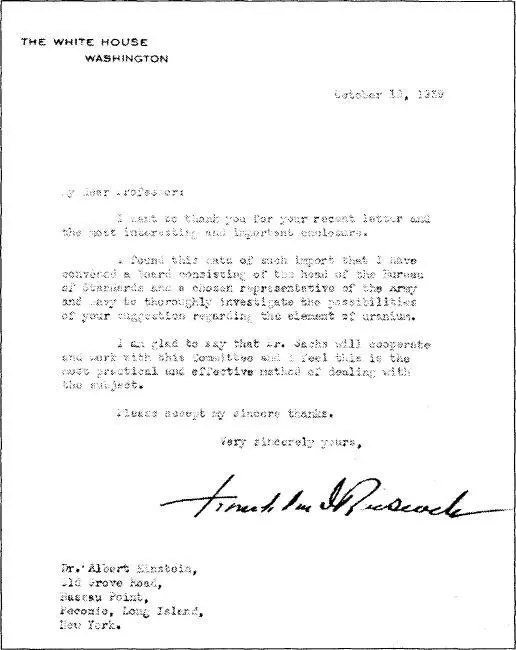
Albert Einstein’s letters to FDR (facing page) and FDR’s reply (left)
Roosevelt was not, as Sachs had hoped, electrified. He said politely that the subject matter was interesting but that any government intervention would be premature. However, he invited the disappointed Sachs to join him for breakfast the next day. “That night I didn’t sleep a wink,” Sachs later wrote. Instead he paced his suite at the Carlton Hotel and several times went out to walk in a small nearby park, trying to marshal his thoughts. As he sat on a park bench, reflecting that everything was “already beginning to look practically hopeless,” suddenly, “like an inspiration, the right idea came to me. I returned to the hotel, took a shower and shortly afterwards called once more at the White House.”
Sachs found Roosevelt alone at the breakfast table in his wheelchair. The president greeted him with two wry questions, “What bright idea have you got now? How much time would you like to explain it?” Sachs replied that it would not take long and briefly recounted the story of the young American inventor Robert Fulton. During the Napoleonic Wars, Fulton had offered to build Napoleon a fleet of steamships to help him overcome his archenemy, the British. The French emperor, believing Fulton was talking nonsense, impatiently dismissed the visionary young man, who subsequently pioneered the world’s first steamships. Sachs reminded Roosevelt of the nineteenth-century British historian Lord Acton’s comment that “England was saved by the shortsightedness of an adversary. Had Napoleon shown more imagination and humility… the history of the nineteenth century would have taken a very different course.”
The cautionary tale had the desired effect. For several minutes Roosevelt said nothing. Then he scribbled a note and handed it to a servant, who returned bearing a bottle of fine old brandy from Napoleon’s time and filled two glasses. Roosevelt raised his, toasted Sachs, and quietly remarked, “Alex, what you are after is to see that the Nazis don’t blow us up?” to which Sachs replied, “Precisely.” The president summoned his attaché, General “Pa” Watson, and consigned to him Sachs’s documents with the instruction “Pa, this requires action!”
• • •
Leo Szilard hoped that the British too would take notice of the nuclear risk. In January 1939 he had reminded the British Admiralty about the chain-reaction patent he had taken out in 1934 and asked them to maintain its secrecy. To his relief, several months later they agreed to do so. For a while, there seemed a real possibility that the British would take the potential military applications of nuclear fission seriously. Frederic Joliot-Curie’s experiments demonstrating the release of secondary neutrons through fission had caught the eye of the physicist George Thomson, son of Rutherford’s famous mentor at the Cavendish laboratory, J. J. Thomson. Within hours of the Joliot-Curie team’s publication of their results in Nature, Thomson began lobbying the British government about the need to secure all possible stocks of uranium. He also began work at London University’s Imperial College, where he was professor of physics, to assess the feasibility of using nuclear fission to create a bomb.
Many, however, remained skeptical about whether such activities were valuable, given competing research priorities like the study of microwaves, key to the development of radar. Winston Churchill was among the doubters. On 5 August he wrote to Sir Kingsley Wood, secretary of state for war, that “the fear that this new discovery has provided the Nazis with some sinister new secret explosive with which to destroy their enemies is clearly without foundation. Dark hints will no doubt be dropped and terrifying whispers will be assiduously circulated, but it is to be hoped that nobody will be taken in by them.”
This view appeared vindicated when on 1 September 1939, the day Nazi troops invaded Poland and two days before Britain declared war on Germany for its violation of Polish sovereignty, Niels Bohr and John Wheeler published their classic paper presenting the theoretical basis for their hypothesis about the scarce isotope U-235. They explained that fission occurred only in U-235, which was extremely hard to separate from the nonfissionable but prolific U-238, of which natural uranium chiefly consisted. Furthermore, if the bombarding neutrons were slowed down to enhance their chances of smashing into atoms of U-235, this would prevent the tremendously fast reaction needed to spark an atomic explosion. This paper, coupled with early discouraging results from Thomson’s work at Imperial College, suggested that pursuing fission for military purposes was not, after all, a priority. Official interest waned, and, in the early months of the war, a relieved minister in the British war cabinet, wrote, “I gather that we may sleep fairly comfortably in our beds.”
NINE
A COLD ROOM IN BIRMINGHAM
FOR THE SECOND TIME in his life James Chadwick was in the wrong place when war broke out. On 3 September 1939 he was vacationing with his wife and twin daughters in a remote region of northern Sweden where the trout fishing was good. The news was brought to their farmhouse by a local farmer who had heard it on the wireless. The family at once packed and set off for Stockholm, five hundred miles to the south, only to find all flights to London canceled. While they waited, hoping to find some other way home, Chadwick contacted Lise Meitner, whom he found lonely, depressed, and wondering whether she should accept a post she had been offered at Cambridge University. The Chadwicks managed to get flights to Holland, and James Chadwick just had time to scribble a quick note to Meitner before they dashed to the airport. It concluded, “I am ready to do anything to help you,” but they would not meet again until the war was over.
Upon arrival in Holland, the Chadwicks once again found themselves stuck. Another Briton at their Amsterdam hotel was in the same plight: H. G. Wells, whose 1913 novel, The World Set Free, had uncannily predicted not only the discovery of artificial radioactivity but the year—1933. He had also predicted the destruction of cities by nuclear bombs in the 1960s. The Times Literary Supplement had dismissed his thoughts as “porridge.”
Читать дальше
